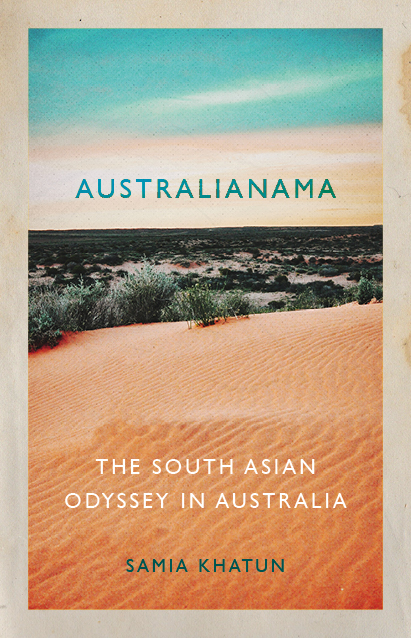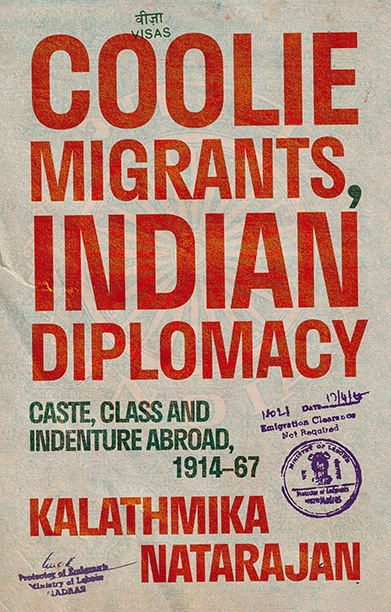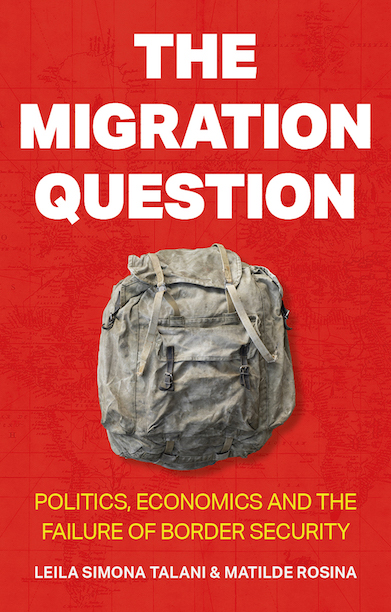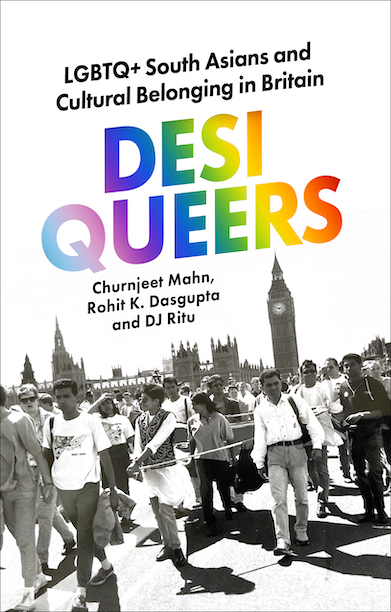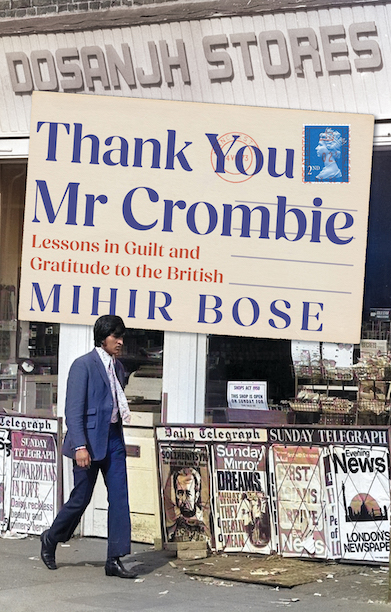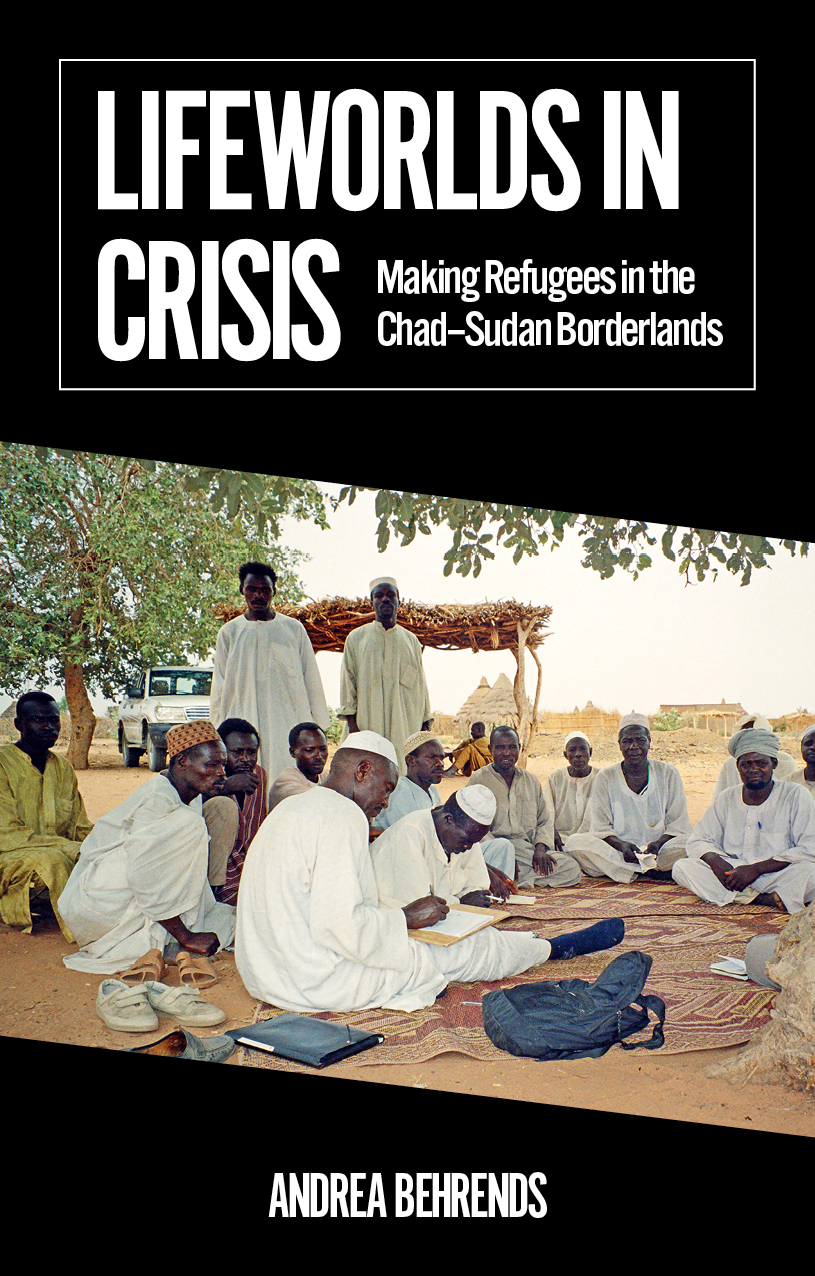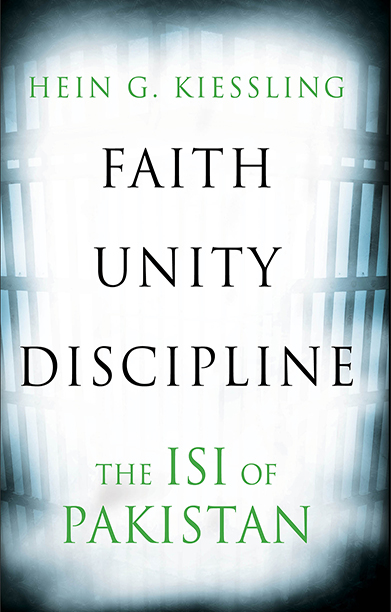Australianama
The South Asian Odyssey in Australia
Winner, Educational Publishing Awards 2020 – Scholarly Non-fiction Book of the Year Award
Shortlisted for the 2019 Ernest Scott Prize for History, 2020 NSW Premier’s Literary Awards – Douglas Stewart Prize for Non-Fiction, and 2020 NSW Premier’s Literary Awards – NSW Multicultural Award
An evocative and gracefully written reflection on cultural encounters between Aboriginals and Indians in the Outback, from the nineteenth century.
Description
Australian deserts remain dotted with the ruins of old mosques. Beginning with a Bengali poetry collection discovered in a nineteenth-century mosque in the town of Broken Hill, Samia Khatun weaves together the stories of various peoples colonised by the British Empire to chart a history of South Asian diaspora.
Australia has long been an outpost of Anglo empires in the Indian Ocean world, today the site of military infrastructure central to the surveillance of ‘Muslim-majority’ countries across the region. Imperial knowledges from Australian territories contribute significantly to the Islamic–Western binary of the post-Cold War era. In narrating a history of Indian Ocean connections from the perspectives of those colonised by the British, Khatun highlights alternative contexts against which to consider accounts of non-white people.
Australianama challenges a central idea that powerfully shapes history books across the Anglophone world: the colonial myth that European knowledge traditions are superior to the epistemologies of the colonised. Arguing that Aboriginal and South Asian language sources are keys to the vast, complex libraries that belie colonised geographies, Khatun shows that stories in colonised tongues can transform the very ground from which we view past, present and future.
Reviews
‘At its heart is a manifesto against the structures that silence and objectify colonised people, the myths of ‘blank space’ and the prevalent belief in the superiority of European thought. …. an exciting addition to Australian postcolonial history.’ — History Today
‘Highly original, Khatun offers a new basis for storytelling, knowledge and history . . . Australianama shines a brilliant light on desert, mosque, Aboriginal, South Asian and British peoples. What emerges is a beautifully crafted new stage for historical understanding, fresh actors and a wholly new language of vision.’ — Ernest Scott Prize 2019
‘This is a compelling book, not only because of its lucid prose and deep research, but because of the intensely personal story threaded through its pages … Writing with luminous prose, Khatun undertakes an innovative, carefully researched and critically analysed exploration of [the] South Asian experience.’ — History Australia
‘Khatun’s virtuosity and sheer genius in tracking down … records and reports, both in official as well as community archives, is a feat of scholarship that deserves to become a model of historical work everywhere.’ — Sydney Review of Books
‘Khatun’s achievement in Australianama… is not simply the unearthing of new histories of South Asian and Muslim diasporas in Australia, but the posing of a new set of questions about the implications of seeing, reading, hearing and thinking otherwise, and about how these practices might rework our understanding of a national past.’ — Australian Historical Studies
‘[Australianama is] exquisitely written … an extension of, and a timely contribution to, Australian history and the narrative of South Asian migration in Australia.’ — The Journal of Asian Studies
‘Every now and again a book comes along that shifts how we understand the history of this country. Samia Khatun’s history of South Asians in Australia is one of them.’ — The Sydney Morning Herald
‘Epic in scale, Khatun’s history is a note-perfect composition of imagination and deep research. [She] breathes new life into the “dead object” anthropological view of colonised people, most electrifyingly in her exposition of the links between South Asian migrants and Indigenous Australians…. In this book, Khatun has given us a scaffold to build a hopeful future.’ — The Saturday Paper
‘Every page of this iridescent books shimmers with insight. Khatun makes the world anew, drawing Australia into Indian Ocean networks, languages, stories and intellectual traditions. Exquisitely written and ingeniously crafted by a superb scholar-storyteller, Australianama will become a classic.’ — Isabel Hofmeyr, Global Distinguished Professor, NYU and Professor of African Literature, University of the Witwatersrand
‘By delving deep into the Australian interior, Khatun has brought forth a brilliant postcolonial history for our times. Australianama eschews the conventional migrant narrative in favour of a startlingly original perspective on settler colonialism.’ — Marilyn Lake, Professorial Fellow in History, University of Melbourne
‘Khatun’s wonderful work gives us very new ways to understand “Australia”, challenging the simplistic binaries of colonial histories. It threads us all—women and men—into stories telling different histories and so offering hopes of new futures.’ — Heather Goodall, Emeritus Professor of History, University of Technology Sydney
‘A tour de force. Khatun weaves together an extraordinary range of powerful South Asian and Aboriginal narratives from across Australia, showing how stories in colonised tongues can transform our understandings of past and present, and point the way to a more hopeful future.’ — Catherine Hall, Emerita Professor of Modern British Social and Cultural History, University College London
‘A riveting and timely intervention in Global feminist and migration histories, Australianama is a pioneering excavation of an Australian Aboriginal archive of memory, revealing tales of Muslim prophets, “Afghan” camel-drivers and other non-white working groups and their dreamworlds.’ — Indrani Chatterjee, Professor of History, University of Texas at Austin
Author(s)
Samia Khatun is a historian because she once lost her way to a mathematics lecture. Since then, she has chased truths about the past in Sydney, Antigua, Kolkata, Istanbul, Berlin, New York, Dunedin, Melbourne, London and Dhaka. Her documentaries have screened on ABC and SBS-TV in Australia. She has recently been appointed Senior Lecturer at the Centre for Gender Studies at the School of Oriental and African Studies at the University of London.
